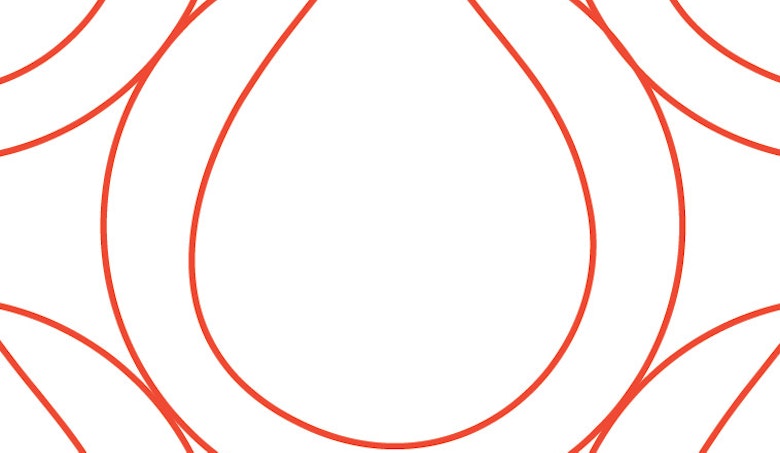Terre des Hommes and adoptions from Bangladesh in the 1970s
In recent years, much attention has been paid to irregularities surrounding intercountry adoptions. Terre des Hommes Netherlands has never made any adoptions. In the 1970s we were in Bangladesh to carry out emergency aid. In addition to his role for Terre des Hommes, our then Bangladeshi country director was also a representative of a Dutch adoption organization for three years. As a result, Terre des Hommes' involvement in the adoptions in this lawsuit is now under discussion.
Background
Terre des Hommes has been trying to improve the living conditions of children in their own country for over 50 years. As a children's rights organization we recognize the irregularities that unfortunately often arise in intercountry adoptions. Think of fraud with papers to outright child trafficking. The recent report of the Joustra Committee has also shown that adoption practice - certainly in the 1970s - was characterized by good intentions and amateurism, whereby the interests of the children and their biological parents often became subordinate to the interests of the adoptive parents.
Since 2017, we have tried to answer all questions about how our organization became involved in the adoptions from Bangladesh at the time. We have shared all the information and documentation we have about this with the interest groups of these adoptees, Shapla and SBA, and the Joustra Committee.
A number of adoptees and their (re-found) relatives in Bangladesh state that our country director abused his position at Terre des Hommes at the time to convince parents to give up their child for adoption. This allegation dates from the 1970s and was not established in the various investigations during that period, including the investigation by Terre des Hommes itself. In our view that is still the case. On the basis of all available knowledge and information, it is not possible to determine exactly how each adoption was established at the time.
We understand that this is unsatisfactory for many adoptees. It is now better known than in the 1970s how intercountry adoption can lead to injustices and is failing as an instrument to protect vulnerable children. As a children's rights organization we see and recognize the nagging uncertainty that lives among adoptees from Bangladesh about the circumstances of their adoption. That is terrible, but unfortunately we cannot remove this uncertainty.
That is why we offered help in 2018 to adoptees who are looking for their relatives in Bangladesh. Initially we did this on an individual basis from our office in Bangladesh. In the past year we have tried to come to a collaboration with the interest groups of adoptees in the Netherlands. This has now led to a project set-up in which we offer financial and practical project support to the search activities of these organizations, which is at the service of all adoptees from Bangladesh. We have made 225,000 euros available for this project for two years. This will finance, among other things, a hotline in Bangladesh and DNA matching. In addition, we will help efforts to get this project funded in the longer term.

